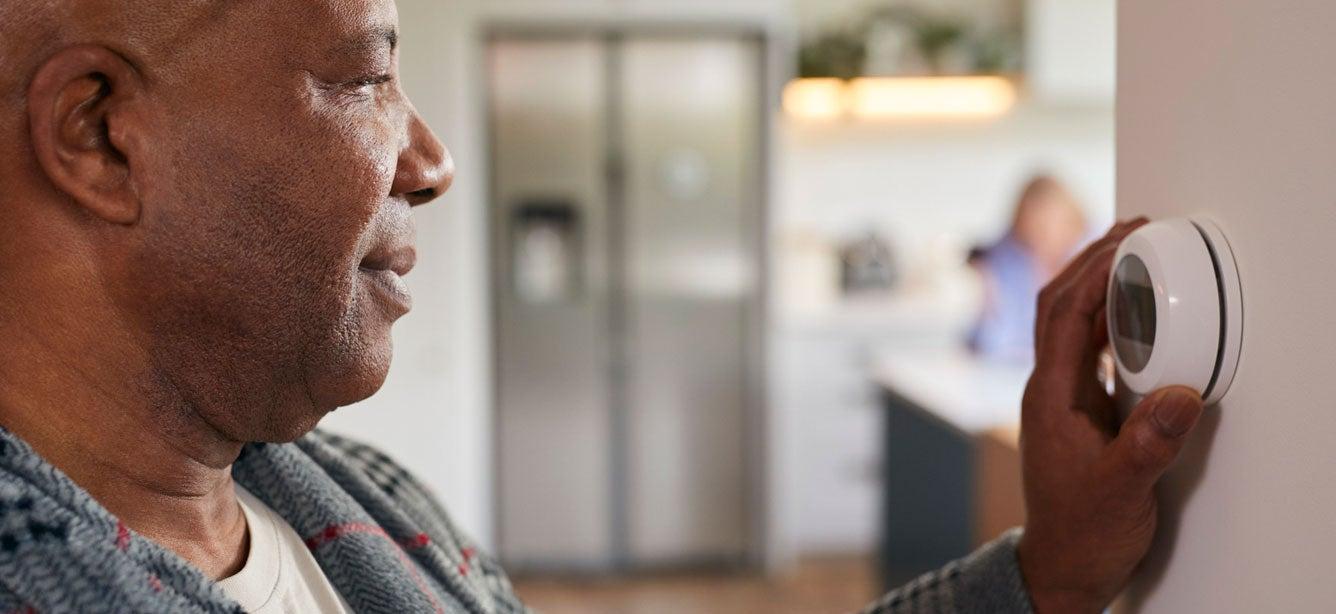
The NCOA Center for Economic Well-Being supports a network of Benefits Enrollment Centers (BECs) around the country to help low-income people with Medicare access programs that pay for healthcare, food, and more. Using web-based tools and person-centered approaches, the BECs help low-income seniors and persons with disabilities find and enroll in all the benefits programs for which they are eligible, and create coordinated, community-wide systems of benefits access.
What benefits do Benefits Enrollment Centers (BECs) assist with?
The BECs focus on connecting Medicare beneficiaries with limited incomes to these core benefits:
- Medicare Part D Extra Help/Low-Income Subsidy (LIS)
- Medicare Savings Programs
- Medicaid
- Supplemental Nutrition Assistance Program (SNAP—formerly known as Food Stamps)
- Low-Income Home Energy Assistance Program
BECs also help adults age 65+ and younger adults with disabilities to apply for other programs, such as Supplemental Security Income, State Pharmaceutical Assistance Programs, local transportation assistance, tax relief, and more.
Funding for BECs
BECs are supported with funding from the Medicare Improvements for Patients and Providers Act (MIPPA), administered through the U.S. Administration for Community Living (ACL).
NCOA has been the MIPPA Resource Center supporting the creation of BECs since 2009.
How your organization can become a BEC
NCOA periodically (every 1-2 years) issues Requests for Proposals to fund new BECs. Currently there are 87 BECs across 38 states (see the full list of centers).
BEC achievements
Over the past decade, the BECs have assisted over 560,000 older adults and people with disabilities with over 800,000 applications for benefits estimated to be worth more than $1.3 billion.
Key facts about Benefits Enrollment Centers
Download our fact sheet and share the key facts about what BECs are and how they help connect people to benefits.



